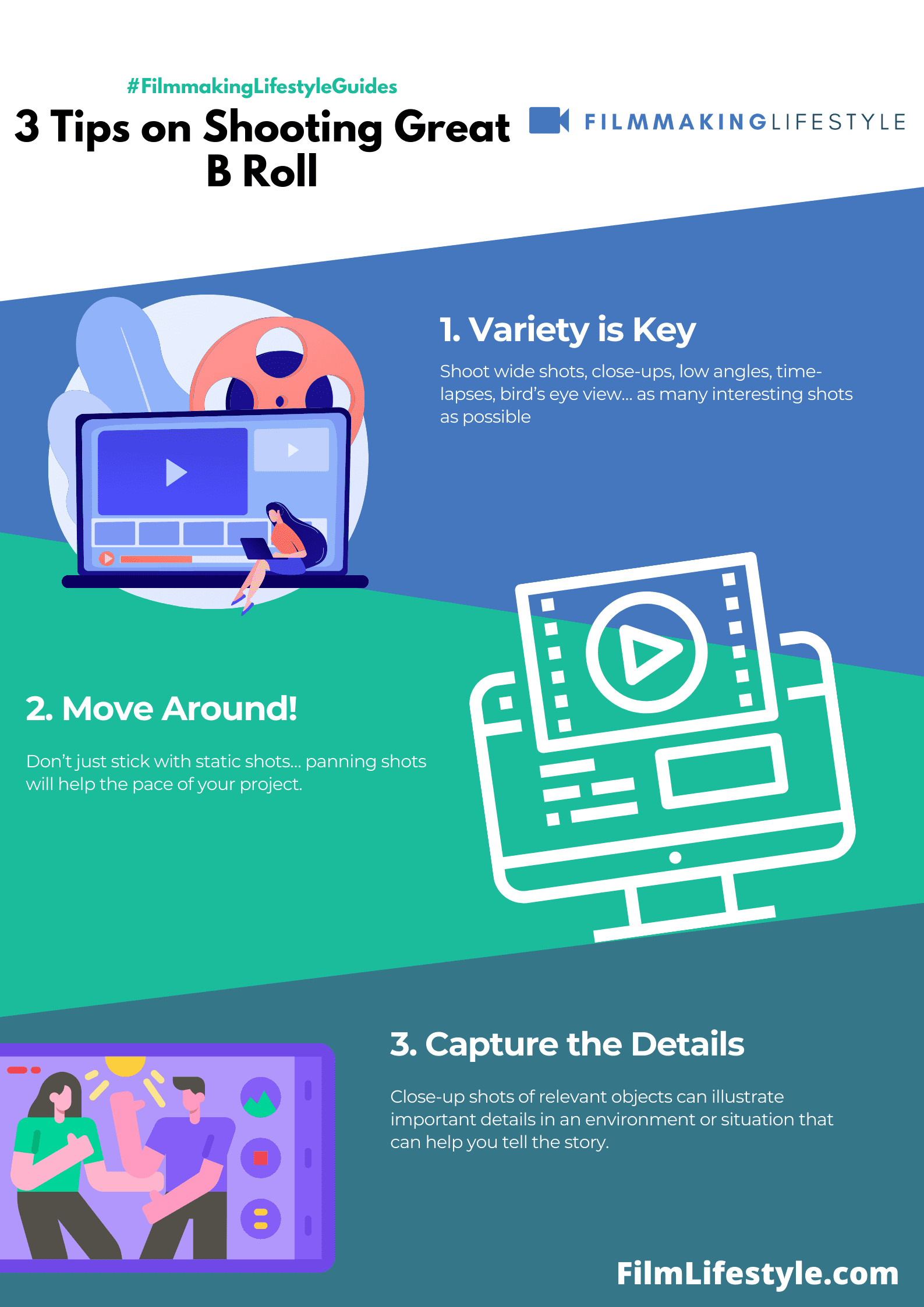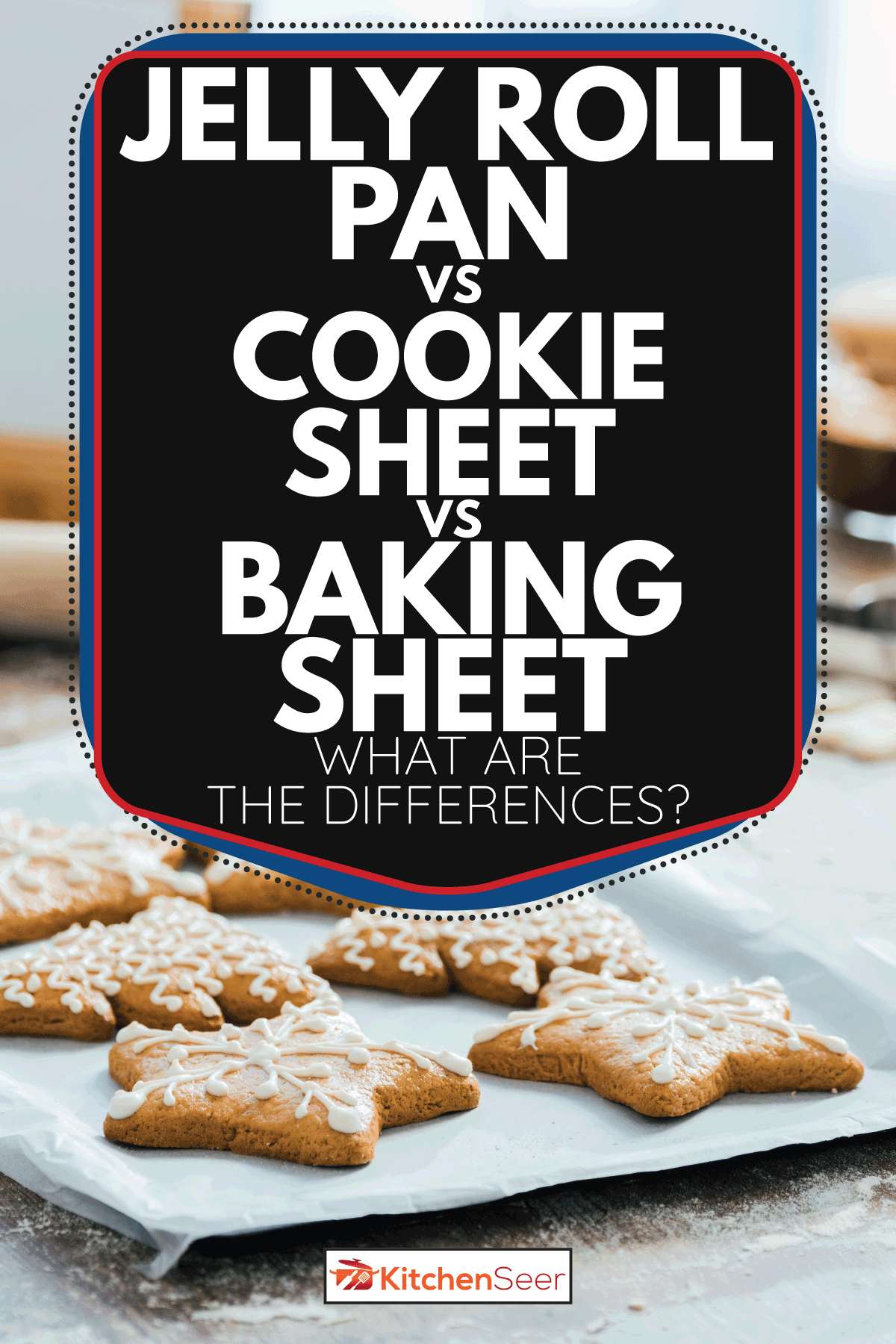Uncover the art of video production by delving into the world of A Roll and B Roll. Learn their significance and how they shape the visual tapestry of your videos.
Are you struggling to create compelling videos that resonate with your audience? Do you face challenges in capturing the attention of viewers and delivering a coherent narrative? If so, it’s time to master the art of A Roll and B Roll.
Understanding A Roll Vs. B Roll
A Roll and B Roll are two fundamental components of video production. A Roll refers to the primary footage, which is the main focus of the video and contains the key moments and interviews. B Roll, on the other hand, consists of supplementary shots that provide context, support the narrative, and add visual interest to the video.
A Roll: The Narrative Backbone
A Roll is the foundation of your video’s story. It captures the most important scenes and conveys the essential information. Think of it as the words in a sentence or the melody in a song. A well-crafted A Roll will draw viewers into your story and hold their attention throughout the video.

New Sunlu roll vs old Esun roll. Ignoring the stringing, I wonder if – Source www.reddit.com
B Roll: Enhancing the Visual Experience
B Roll plays a crucial role in supporting the narrative and engaging the audience. It consists of shots that complement the A Roll, such as establishing shots to set the scene, close-ups for detail, and transitions to smooth the flow of the video. B Roll adds texture and depth, enhancing the overall visual experience.

Hand Roll Vs Cut Roll Sushi: What Is The Differences? – Source chefd.com
A Brief History of A Roll and B Roll
The terms A Roll and B Roll have been used in the film industry for decades. In the early days of cinema, A Roll referred to the main film, while B Roll was the substandard film used for jump cuts and trick effects. Over time, the distinction between the two became less clear as technology advanced. Today, A Roll and B Roll are essential elements in both film and video production.

GEEK B-ROLL – Tokusatsu Review: Kyuukyuu Sentai Go Go V Vs… B Roll – Source www.pinterest.com
Hidden Secrets of A Roll and B Roll
The art of A Roll and B Roll is more than just separating footage. It’s about creating a harmonious balance that enhances the impact of your video. By carefully blending these elements, you can create a seamless and engaging visual experience that will captivate your audience.

What Is B Roll? Definition, Examples & How To Use It The Right Way – Source filmlifestyle.com
Tips for Combining A Roll and B Roll Effectively
Fun Facts About A Roll and B Roll
Did you know that A Roll and B Roll are not just limited to video production? They are also used in other forms of storytelling, such as songwriting and writing. In music, A Roll refers to the main melody, while B Roll provides the harmony and accompaniment. In writing, A Roll is the main plot, and B Roll is the subplot or supporting details.

Hand Roll vs. Roll: Understanding “Sushi” Terms • 7ESL – Source 7esl.com
How to Use A Roll Vs. B Roll
Combining A Roll and B Roll effectively is a skill that takes practice. Experiment with different shots, transitions, and pacing to find what works best for your video. Remember, the goal is to create a balanced and engaging visual experience for your audience.

Anfänger Mathematisch mehr und mehr shellac lobster roll vs wildfire – Source www.victoriana.com
What if You Don’t Have B Roll?
It’s not essential to have B Roll in every video you produce. However, if you don’t have B Roll, it’s important to be aware of the potential pitfalls. Without B Roll, your video could become monotonous and lack visual interest. Consider using other techniques, such as motion graphics or stock footage, to enhance the visual appeal of your video.

Jelly Roll Pan Vs Cookie Sheet Vs Baking Sheet – What Are The – Source kitchenseer.com
Listicle: 10 Tips for Using A Roll and B Roll
1. Use B Roll to break up long sections of talking heads.
2. Include B Roll that is relevant to the content being discussed in the A Roll.
3. Vary the length of your B Roll shots to keep the video visually interesting.
4. Use transitions to create a smooth flow between A Roll and B Roll.
5. Consider using motion graphics or stock footage to enhance the visual appeal of your video.
6. Experiment with different shots, transitions, and pacing to find what works best for your video.
7. Pay attention to the pacing of your video and avoid making it too slow or too fast.
8. Make sure your B Roll is well-lit and in focus.
9. Use a variety of camera angles and shots to add interest to your video.
10. Get feedback from others on your video to help you improve your technique.
Question and Answer
A Roll is the primary footage, while B Roll consists of supplementary shots.
B Roll adds texture and depth, enhancing the overall visual experience and supporting the narrative.
Use B Roll to break up long sections of talking heads, include relevant B Roll, vary the length of B Roll shots, and use transitions to create a smooth flow between A Roll and B Roll.
Consider using motion graphics or stock footage to enhance the visual appeal of your video.
Conclusion
A Roll and B Roll are vital components of video production, each playing a distinct role in shaping the narrative and engaging the audience. By understanding the differences between A Roll and B Roll, you can harness their power to create powerful and engaging videos that will capture the hearts and minds of your viewers.

